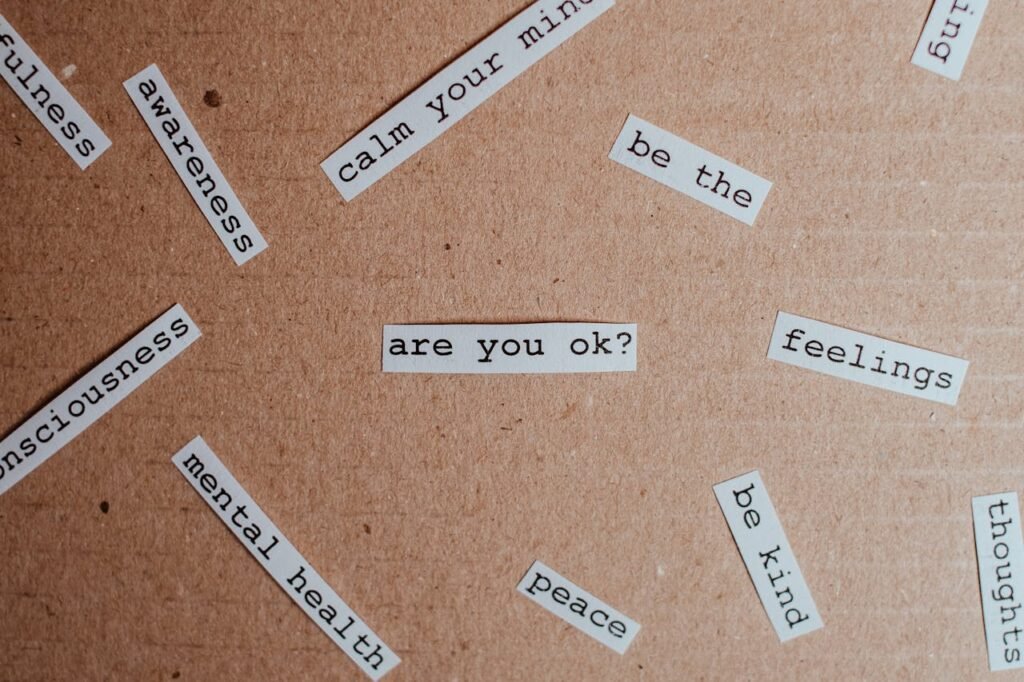Introduction
In today’s fast-paced world, mental wellness has become an essential part of a healthy and fulfilling life. It affects how we think, feel, and behave. Beyond the absence of mental illness, mental well-being is about having resilience, purpose, and the ability to cope with life’s ups and downs.
This comprehensive guide explores the concept of psychological wellness, answers frequently asked questions, and highlights support systems and resources available across the UK, particularly in cities like London and Manchester.
What Is Mental Health?
Psychological well-being includes emotional, cognitive, and social balance. It helps determine how we manage relationships, handle stress, and make daily decisions. When individuals are mentally well, they can:
- Realize their abilities
- Cope with normal life stresses
- Work productively
- Contribute to their communities
How Do You Define Mental Wellness?
The World Health Organization (WHO) defines it as “a state of well-being in which the individual realizes their own abilities, can cope with the normal stresses of life, can work productively and fruitfully, and is able to make a contribution to their community.”
The 3-3-3 Rule in Mental Health
The 3-3-3 rule is a simple grounding technique often recommended during moments of anxiety. It goes as follows:
- Name three things you see
- Name three sounds you hear
- Move three parts of your body
This technique helps anchor the mind to the present and reduce panic or anxiety.
The Four Types of Mental Health Disorders
According to clinical professionals, mental illness can be categorized into four primary types:
- Mood Disorders (e.g., Depression, Bipolar Disorder)
- Anxiety Disorders (e.g., Generalized Anxiety Disorder, PTSD)
- Personality Disorders (e.g., Borderline, Antisocial Personality Disorder)
- Psychotic Disorders (e.g., Schizophrenia)
Symptoms of Serious Mental Illness
Some common warning signs include:
- Prolonged sadness or irritability
- Extreme mood changes
- Withdrawal from social activities
- Changes in sleeping or eating habits
- Hallucinations or delusions
- Suicidal thoughts
If you or someone you know is experiencing these symptoms, it’s crucial to seek professional help.
Psychological Support Resources in the UK
Support Services:
- Mental Health Helpline: 116 123 (Samaritans, 24/7)
- NHS Urgent Mental Health Helpline: Free local numbers available via the NHS website
- Mind UK: Offers counselling and educational resources
- CALM (Campaign Against Living Miserably): Supports men in crisis
City-Specific Support:
- London: Camden & Islington NHS Foundation Trust, Mind in Haringey, South London and Maudsley NHS Trust
- Manchester: Manchester Mind, Greater Manchester Mental Health NHS Trust
Crisis Intervention: Mental Health Crisis Team
A crisis team is a group of professionals who provide immediate support during acute episodes of mental distress. Services include home visits, medication management, and emergency hospitalization if needed.
Mental Health Awareness: Promoting Understanding and Support
Mental wellness awareness is vital for reducing stigma and encouraging open conversations. Here are some key awareness initiatives in the UK:
Awareness Campaigns:
- Mental Health Awareness Month: May 2025
- Mental Health Awareness Week: 12-18 May 2025
These initiatives include school programs, workplace events, media campaigns, and community workshops.
Mental Health Act and Legal Protection
The Mental Health Act 1983 (revised in 2007) governs the treatment and rights of individuals with severe mental health issues in the UK. It includes provisions for:
- Involuntary hospitalization
- Rights during treatment
- Access to legal representation
An updated reform is under consultation as of 2025 to focus more on human rights, choice, and community-based care.
Taking a Mental Health Test
A self-assessment test can provide early indicators of emotional or psychological concerns. These tests often screen for symptoms of depression, anxiety, or stress.
Important Note: Self-tests are not diagnostic tools. Always consult a medical professional for a full evaluation.
Free tests are available via:
- NHS Every Mind Matters
- Mind UK
- MentalHealth.org.uk
Inspiring Quotes to Encourage Mental Strength
“What mental health needs is more sunlight, more candor, and more unashamed conversation.” — Glenn Close
“Your illness does not define you. Your strength and courage do.”
“It’s okay not to be okay, as long as you’re not giving up.”
Chart: Common Conditions and UK Support Options
| Condition | Description | Suggested Support in UK |
|---|---|---|
| Depression | Persistent sadness and low mood | NHS, Mind, Talking Therapies |
| Generalized Anxiety | Constant worry and fear | CBT, Breathing Exercises |
| PTSD | Flashbacks from traumatic events | Trauma Counselling, EMDR |
| Bipolar Disorder | Mood swings from high to low | Medication, Peer Support Groups |
| OCD | Repetitive thoughts or behaviors | Exposure Therapy, CBT |
Looking Ahead: Creating a Supportive Environment
Improving mental wellness requires a collective effort from families, schools, employers, and the government. Here are ways we can all help:
- Promote openness and empathy
- Integrate wellness into education and workplace policies
- Ensure accessible and affordable care for all
- Support community outreach programs



